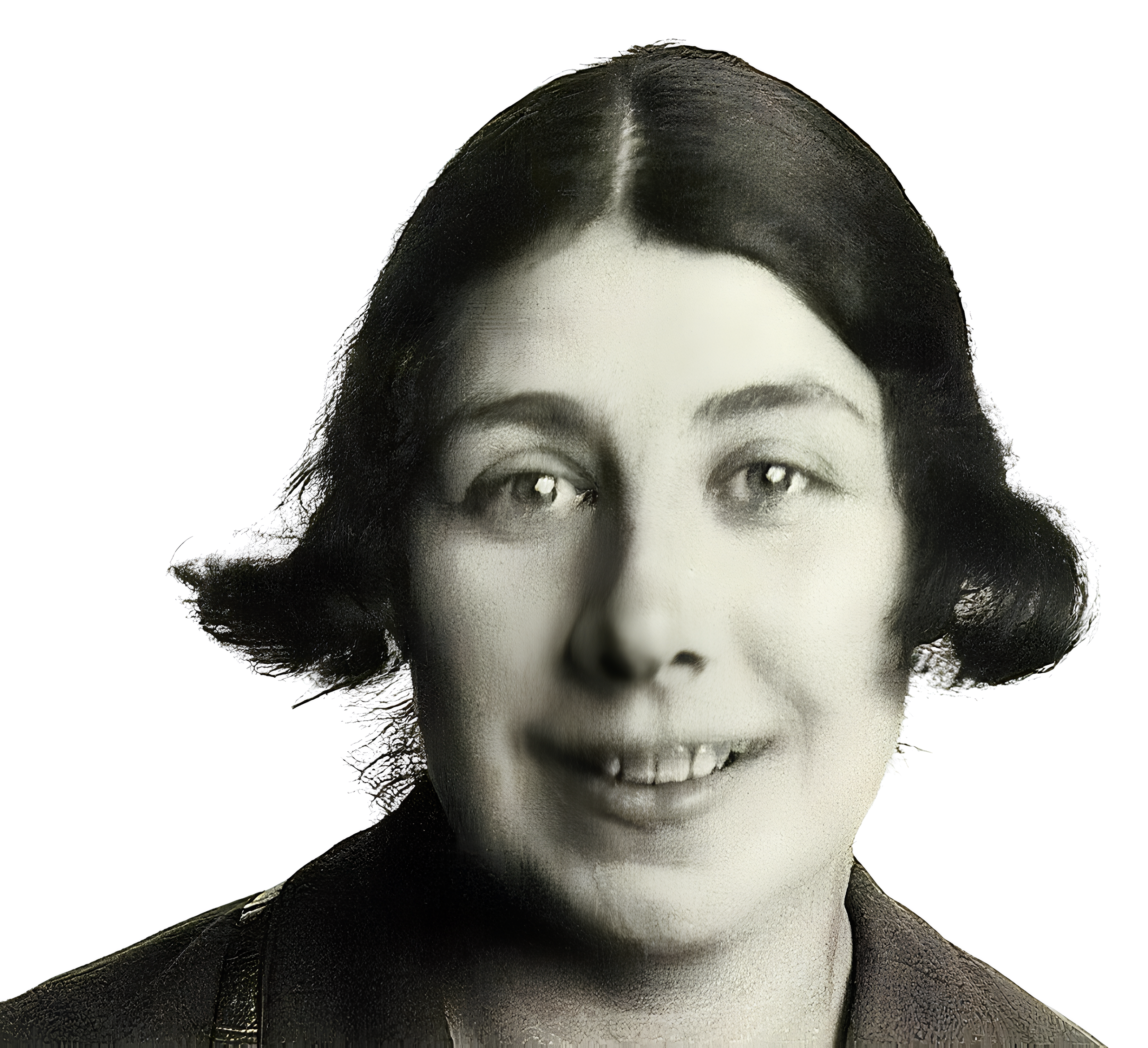Stories & Legends
Lubov Popova

-
According to the memoirs of sculptor Vera Mukhina, Lyubov Popova “was tall, well-built, had wonderful eyes and luxuriant hair.”
-
Popova's father was the owner of cloth factories, a textile merchant and philanthropist. This circumstance undoubtedly helped Popova when developing textile design. Popova said: “I have never experienced such satisfaction as when I saw a village woman buying a piece of my fabric for her dress.”
-
In 1912, Popova went to Paris to study Cubism. The artist Nadezhda Udaltsova, who went with her, recalled how they were looking for a workshop: “Popova and I examined everything possible, and began to look for a workshop. We intended to work for Matisse, but Matisse's school was already closed. We went to the workshop of Maurice Denis, came across a sitting Indian with feathers on a red background, we ran away. Someone mentioned Le Fauconnier’s La Palette workshop, we went there and immediately decided that this was what we needed.”
-
As a theater artist, Lyubov Popova worked with director Vsevolod Meyerhold on the plays “The Magnificent Cuckold” and “The Earth in Turmoil.” Sharing Meyerhold's views on the work of an actor as a purely production activity, Popova created sketches of the actor's special production clothing (overalls), convenient for rehearsals and for many different roles and providing maximum opportunities for a variety of movements and actions.
-
Popova taught at the State Higher Theater Workshops. Among her students was the creator of the film “Battleship Potemkin,” film director Sergei Eisenstein.
-
In the last years of her life, Popova completely abandoned easel painting. Her creativity was completely aimed at art in production. She became one of the first Soviet designers, as one famous art critic put it, “breaking a hole in the Chinese wall that existed between industry and art.”